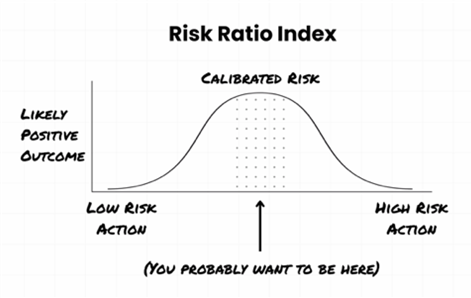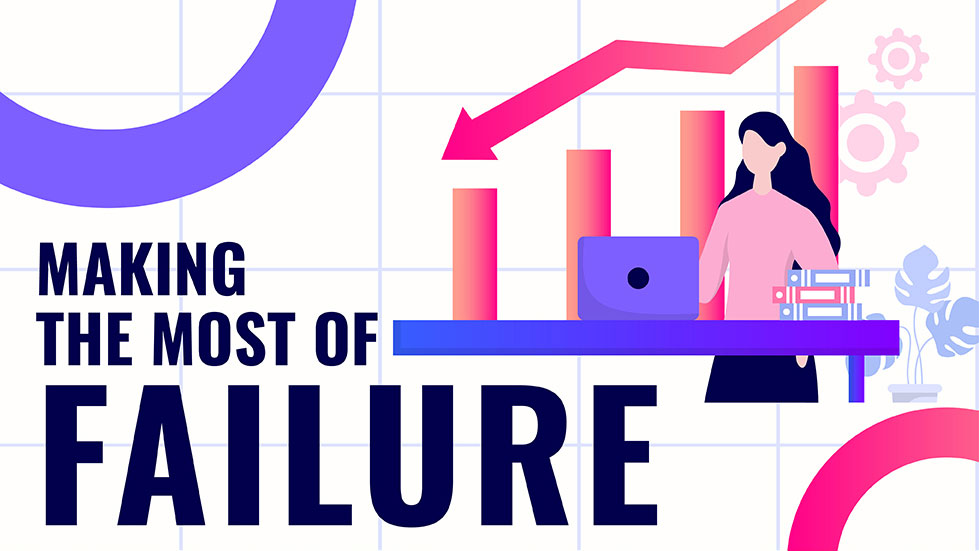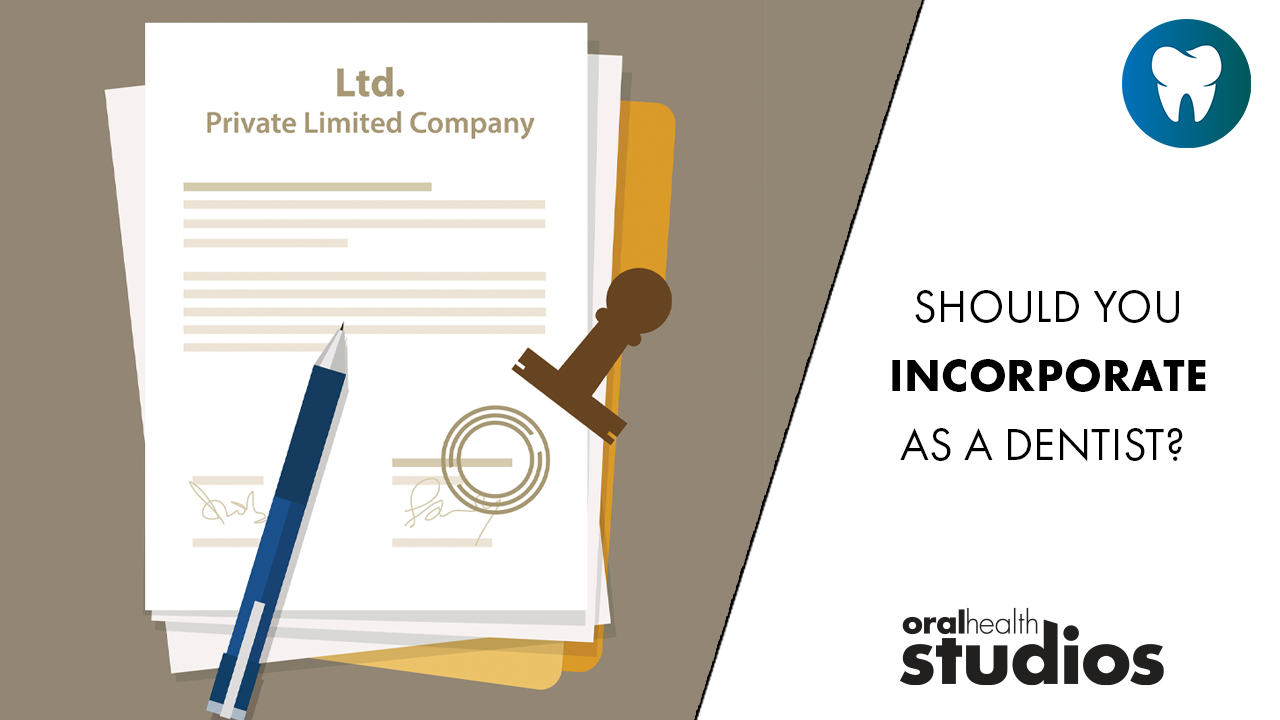
This report was inspired by the ideas and thinking of Bill Perkins—hedge fund manager, world-class poker player, asymmetric thinker, and entrepreneur worth hundreds of millions.
Summary
Most dentists will work themselves into the ground and have almost nothing to show for it—because they never fix the real problem. They play small, they move slow, and they protect their pride instead of building real businesses. This report is a wake-up call: if you’re not willing to rethink how you operate, you’ll stay stuck on the hamster wheel until you burn out. Read it carefully—because the cost of ignoring these lessons isn’t just lost money. It’s lost years.
I talk to a lot of practicing dentists, and here’s the reality:
They don’t talk about it at home. They don’t bring it up at study clubs. And they sure don’t dare mention it in front of their staff. But deep down, behind the clinical smile and professional exterior, most dentists are wrestling with a brutal, private truth: They feel stuck.
Not because they aren’t skilled. Not because they aren’t working hard enough. But because the game they’re playing was rigged against them from the start. They’re trapped in a system that demands more hours, more procedures, and more patients—without ever delivering real financial freedom or control.
And the part they’ll never admit? Most days, they wonder if they’re any closer to the life they dreamed about back in dental school.
The silent self-sabotage dentists face every day
Even the most successful-looking dentists carry hidden worries they dare not speak out loud. Here’s what’s running through their mind:
- “After all these years, why does it still feel like I’m barely ahead?”
- “If I stopped working for a month, would my practice even survive?”
- “Will my practice ever be worth what I think it is—or is that just a fantasy?”
- “What happens if I get hurt tomorrow? Everything I built could crumble overnight.”
These doubts aren’t about clinical skills. They’re about something much bigger: control—over time, over income, over the future.
And most dentists know, deep down, that they don’t have it. At least not the way they thought they would.
The real trap nobody warned you about
You were trained to think like a highly paid technician: drill, fill, bill, repeat. You were told that if you just honed your skills and worked harder, success would naturally follow. But the reality most dentists find out too late is this:
If you’re still trading chair time for paychecks, you don’t own a business. You own a job—with nice tile floors and your name on the door.
A job that demands more of you every year, while paying you less. A job that doesn’t scale without you grinding harder. A job that, after 20 or 30 years, leaves many dentists exhausted, bitter, and wondering what went wrong.
What patients (and your practice) are really buying
Patients don’t pay you because you have another certification. They don’t care about your fancy CE courses. They trust you because you project certainty. Because you appear confident, competent, and fully in control.
If you don’t feel that same certainty about your own business, how long before your patients and team start feeling it too?
Cracks start small:
- A missed production goal here.
- A team member cutting corners there.
- A cash flow dip you don’t notice until it’s too late.
And one day, you realize: you’re working harder than ever—keeping less—and you’re the only one losing sleep over it.
What dentistry is really about (and it’s not just teeth)
Dentistry isn’t about fillings, crowns, or veneers. It’s about peace of mind. That’s what your patients are buying. And it’s what you should be building—for yourself.
The sad truth is most dentists are stuck selling peace of mind to others, while living in silent anxiety themselves. It doesn’t have to be that way.
Three lessons dentists need to hear (but rarely do)
If you want to escape the trap, there are a few cold realities you must face. Nobody teaches these in dental school—but they separate those who quietly win from those who burn out.
Lesson #1: Never let “small” infect your thinking
Playing it safe isn’t smart. It’s just playing small.
I remember once sharing a “safe, reasonable” business vision with my mentor. He looked me in the eye and asked: “Has small infected your thinking?”
It wasn’t rude. It was a gift.
Most dentists grossly underestimate what they’re capable of. They set “realistic” goals that are actually just traps—and they live out small futures disguised as smart choices.
If you don’t have someone in your life willing to call that out, you’ll stay trapped. I do that for my clients—because building bigger futures starts by calling out small thinking.
Lesson #2: Slow is expensive
You are not an institution. You don’t have unlimited time.
You’re a human being. You have a limited number of good years to build something real.
Rich people aren’t necessarily smarter. They’re just faster.
I call it what it is: The Advantage of Action.
While most dentists are still planning step one, the dentists who win have already taken four wrong steps, lost some money, corrected course, and found a better way forward.
Speed matters. Indecision is expensive. Overthinking is a tax. The longer you wait to fix your business,
the deeper the hole gets—and the harder it becomes to climb out.
Lesson #3: Leave your ego at the door
If you’re educated, healthy, and halfway ambitious, you have no real financial risk. You’re not going to starve. You’re not going to be homeless.
The real risk you face is ego risk—the fear of looking stupid. Not the fear of financial loss, but the fear of others seeing you fall short.
And let’s be honest: Dentists are not exactly famous for being humble. This profession breeds high achievers with big egos—people used to being the smartest person in the room. That’s not a bad thing. It’s part of what drives excellence.
But it can also be the single biggest anchor holding you back from real freedom. Because when your decisions are driven by ego, you make all the wrong moves:
- You avoid smart opportunities that look “risky” but are actually rational bets.
- You cling to “safe” choices that quietly drain your potential over time.
- You stay small because you’re more afraid of looking foolish than of living a life of quiet regret.
Smart risk isn’t reckless. It’s calibrated.

Think of risk like a curve:
- Far left: Appears safe but is actually high-risk over time. Death by a thousand small choices made to protect image.
- Far right: Reckless gambling with no real odds of success.
- Middle: Thoughtful, calculated bets with real upside and manageable downside.
Middle – this is where the winners live. Not playing not to lose. Not swinging blind. But taking smart, strategic action with courage—and without needing applause. The right level of discomfort, applied in the right direction, at the right time. That’s the real game.
Final summary: The real battle you’re fighting
If you want real wealth, freedom, and control, you have to win three battles most dentists quietly lose:
- Kick “small thinking” out of your life.
- Move faster and stop overanalyzing yourself into paralysis.
- Leave your ego at the door—and make calculated moves without needing anyone’s approval.
Because here’s the truth most will never say out loud: Dentists don’t burn out from dentistry itself. They burn out from living too small, moving too slow, and being too afraid of looking foolish to ever build the business they’re capable of.
You can keep doing what’s comfortable—or you can start building what’s possible. But you can’t do both.
Where this leads
You didn’t spend all these years in school, in debt, in training, just to end up trapped by a paycheck. You deserve to own a business that pays you back—with cash, freedom, and pride. But it won’t happen by accident. It only happens when you step up, drop the excuses, and start operating with a new set of rules. Rules that real business owners live by—not overworked technicians.
If you’re ready for that, there’s a different path—and you don’t have to walk it alone.
Closing call to action
If you’re done settling for survival—and ready to start running a real business that pays you back—let’s talk. No pressure. No pie-in-the-sky promises. Just a real conversation about what it actually takes to build a practice that gives you control, cash flow, and a future worth fighting for.
P.S. Most dentists won’t do anything after reading this. They’ll nod along, agree with every word—and then go right back to surviving instead of winning. If you’re one of the few serious about building a real business, not just a busier job, the next move is yours.
Who I am and why you should listen to me?
I started with a one-chair solo dental practice and, within a few years, transformed it into a 7-chair, 7-figure, associate-driven business with in-house specialists. While working part-time as an owner-dentist, I reinvested my practice’s profits into cash-flowing investments, creating passive income that eventually outpaced my practice earnings. When the time was right, I sold my practice for a life-changing, walk-away sum.
I’ve been in the trenches, faced the same challenges you’re up against, and found a way to thrive—not just survive.
About the author

Dr. Galia Anderson graduated from the University of Toronto’s Faculty of Dentistry and built a successful private practice in Vancouver, British Columbia, where she served patients for 15 years. Today, as the founder of Dental Business Experts, Dr. Anderson is committed to empowering dentists to achieve substantial growth in their practices. Schedule a no-obligation strategy call with Dr. Anderson to get started: www.yourdbexperts.com/call












